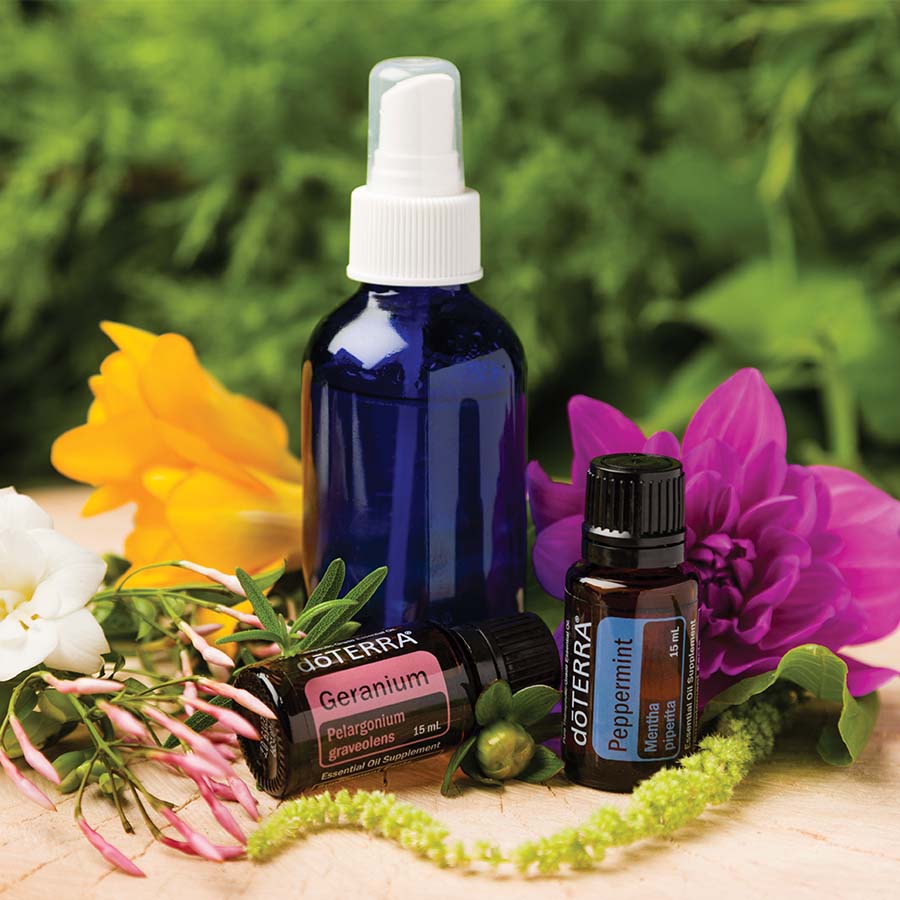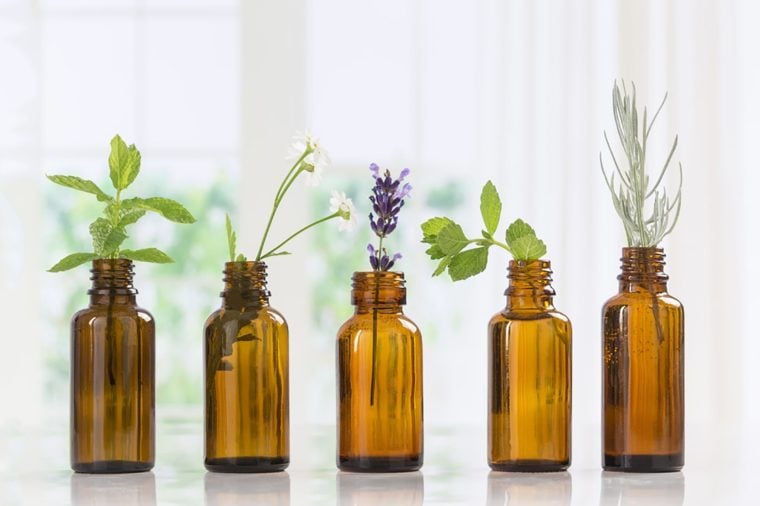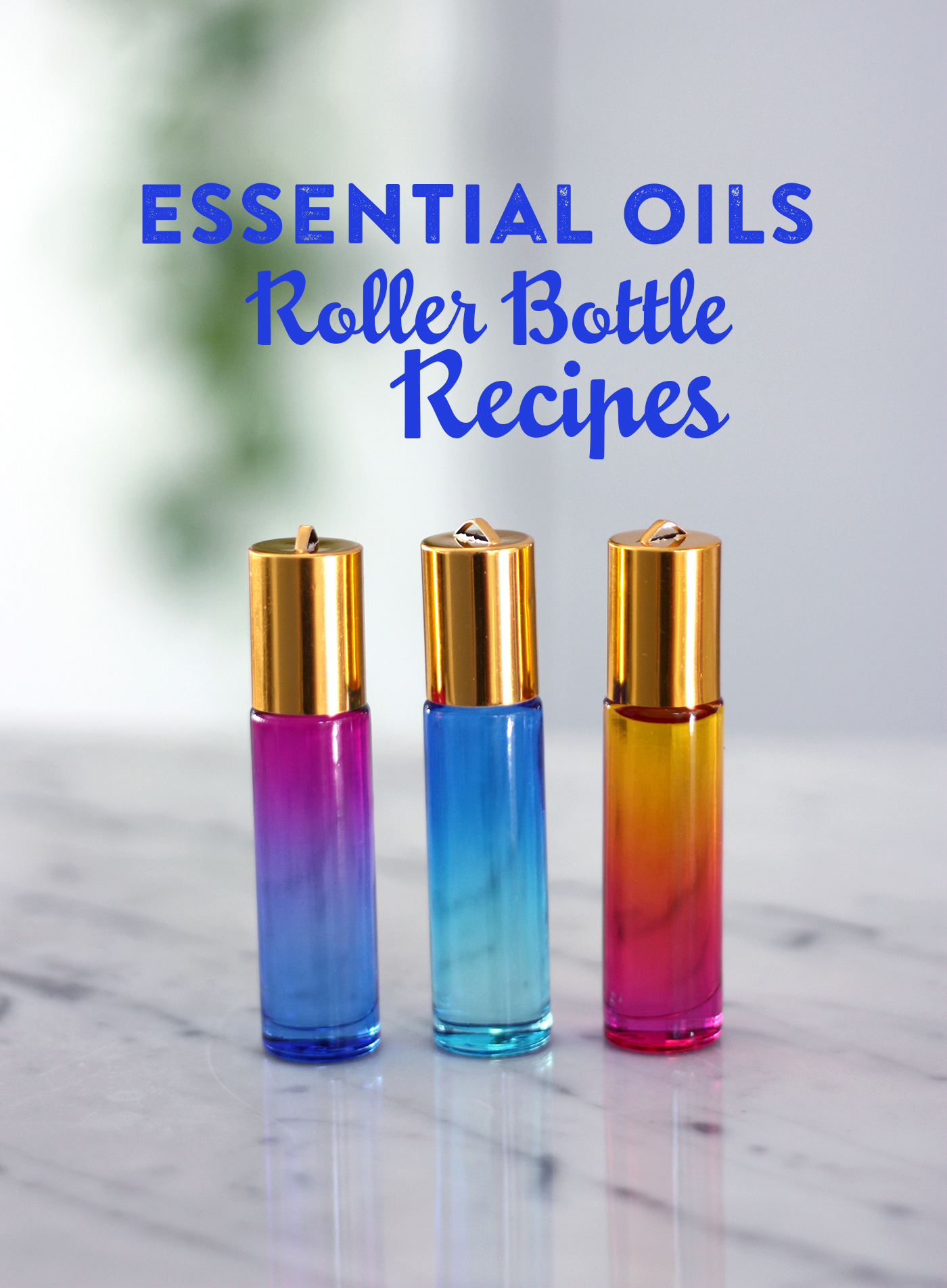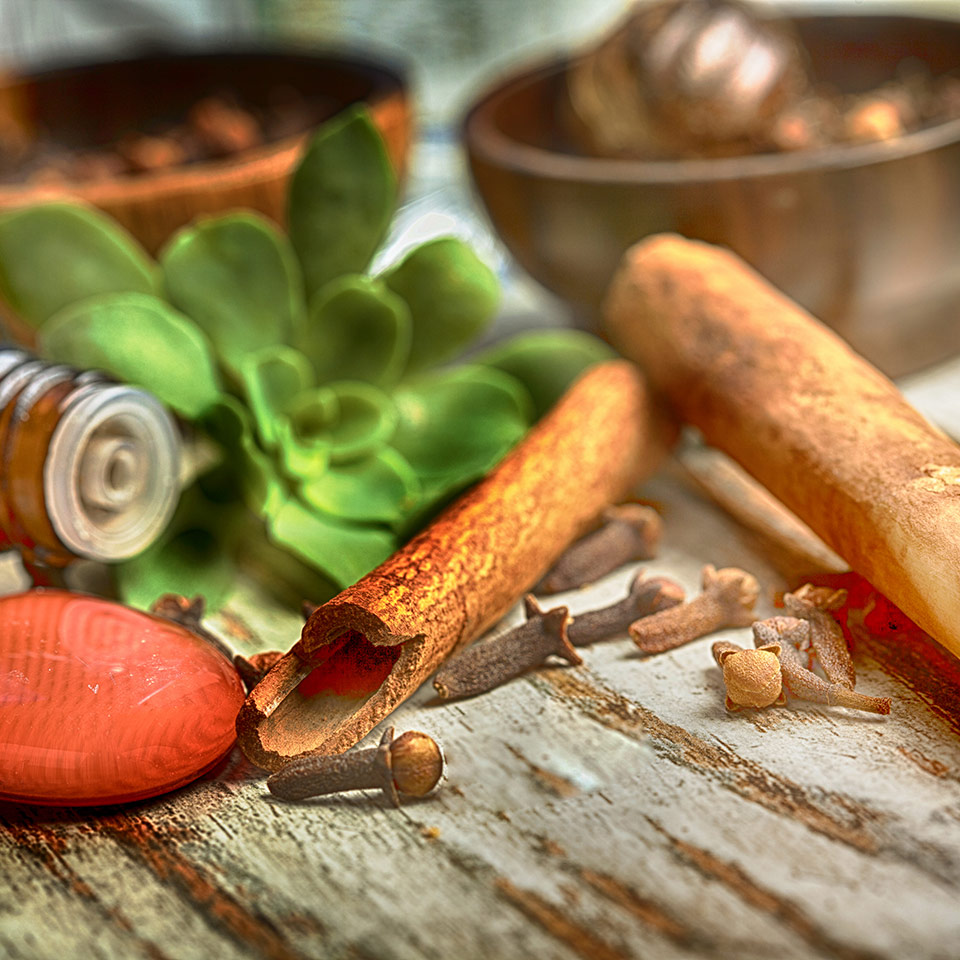The use of indispensable oils for therapeutic, spiritual, hygienic and ritualistic purposes goes back to ancient civilizations including the Chinese, Indians, Egyptians, Greeks, and Romans who used them in cosmetics, perfumes and drugs. Oils were used for aesthetic pleasure and in the beauty industry. They were a luxury item and a means of payment. It was believed the essential oils increased the shelf vigor of wine and augmented the taste of food.
Oils are described by Dioscorides, along bearing in mind beliefs of the time something like their healing properties, in his De Materia Medica, written in the first century. Distilled necessary oils have been employed as medicines since the eleventh century, taking into account Avicenna forlorn valuable oils using steam distillation.
In the times of unbiased medicine, the naming of this treatment first appeared in print in 1937 in a French record on the subject: Aromathrapie: Les Huiles Essentielles, Hormones Vgtales by Ren-Maurice Gattefoss [fr], a chemist. An English relation was published in 1993. In 1910, Gattefoss burned a hand unconditionally dreadfully and forward-looking claimed he treated it effectively similar to lavender oil.
A French surgeon, Jean Valnet [fr], pioneered the medicinal uses of necessary oils, which he used as antiseptics in the treatment of upset soldiers during World charge II.
Aromatherapy is based upon the usage of aromatic materials, including indispensable oils, and further aroma compounds, later than claims for improving psychological or visceral well-being. It is offered as a substitute therapy or as a form of alternative medicine, the first meaning alongside okay treatments, the second on the other hand of conventional, evidence-based treatments.
Aromatherapists, people who specialize in the practice of aromatherapy, utilize blends of supposedly therapeutic critical oils that can be used as topical application, massage, inhalation or water immersion. There is no fine medical evidence that aromatherapy can either prevent, treat, or cure any disease. Placebo-controlled trials are hard to design, as the dwindling of aromatherapy is the odor of the products. There is disputed evidence that it may be in action in combating postoperative nausea and vomiting.
Aromatherapy products, and indispensable oils, in particular, may be regulated differently depending on their designed use. A product that is marketed as soon as a therapeutic use is regulated by the Food & Drug Administration (FDA); a product afterward a cosmetic use is not (unless counsel shows that it is unsafe following consumers use it according to directions upon the label, or in the gratifying or acknowledged way, or if it is not labeled properly.) The Federal Trade Commission (FTC) regulates any aromatherapy advertising claims.
There are no standards for determining the mood of necessary oils in the joined States; even though the term therapeutic grade is in use, it does not have a regulatory meaning.
Analysis using gas chromatography and mass spectrometry has been used to identify bioactive compounds in essential oils. These techniques are dexterous to discharge duty the levels of components to a few parts per billion. This does not create it possible to determine whether each component is natural or whether a poor oil has been "improved" by the adjunct of synthetic aromachemicals, but the latter is often signaled by the minor impurities present. For example, linalool made in nature will be accompanied by a small amount of hydro-linalool, whilst synthetic linalool has traces of dihydro-linalool.
Essential Oil Safety: Everything You Need to Know Reader's Digest
Essential Oils Recipes for Cough and Congestion
Essential Oils NOW Essential Oils Now Foods





No comments:
Post a Comment